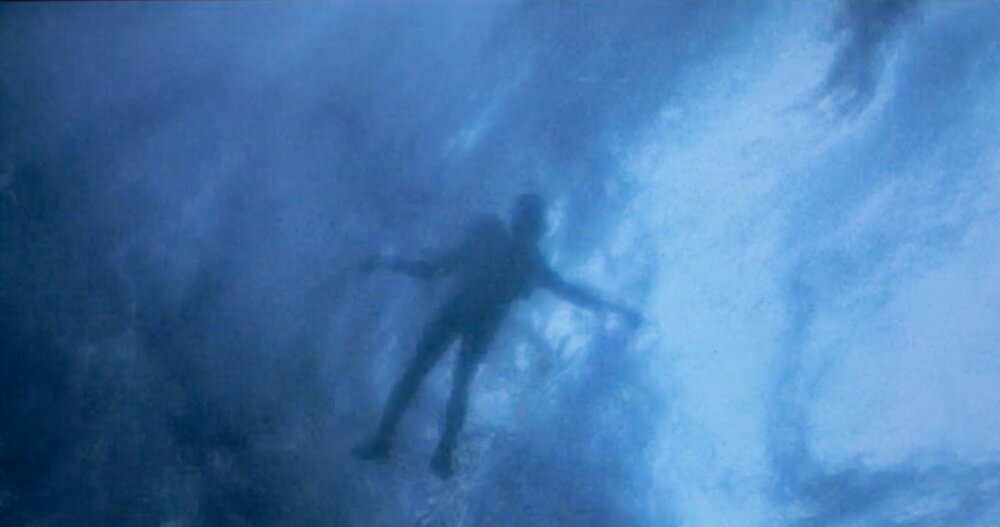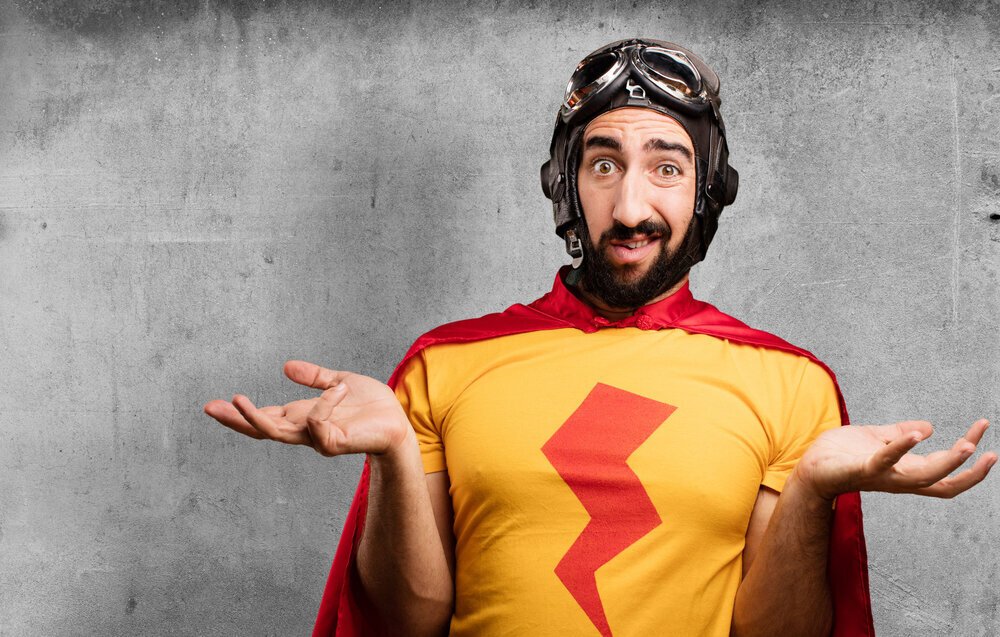radical remembering
“Not knowing who you are is a certain kind of hell.”
Kelly Thompson
The Girl Who Would Be King
Just in case you haven’t had enough bad news in recent years, there’s yet another downside of the modern age you need to hear about. Specifically, I’m speaking of the decay of human vitality, resilience and power that’s been unfolding across the planet in recent decades. We’ve seen this trend in lifestyle diseases such as obesity, diabetes and all the rest, but what’s happening today is something deeper, more fundamental and more disturbing: an increasing weakness of the human organism and erosion of the human spirit. Virus or no virus, the body is in decline and people are in trouble.
Critics point to the challenges of sedentary living, bad food and stress, but as I see it, our affliction is not so much a biomedical problem, but one of memory. In other words, our fading resilience and physicality is a consequence of a widespread, culturally-driven act of forgetting. In short, modern humans are in a very real danger of losing psycho-physical contact with the native biological power that sustains our bodies and our lives.
In a sense, modern humans are much like the character Jason Bourne in the 2002 action movie “The Bourne Identity.” The protagonist, played by Matt Damon, is found floating in the Mediterranean Sea with two gunshot wounds in his back. On waking, he has no idea who he is or what his history might be, then spends the rest of the movie chasing down his true identity. But Bourne’s amnesia is only partial; he retains his physicality, his martial art skills and his fluency with language, weapons, cars and technology.
It’s a great premise for a movie, but our loss is far worse than Bourne’s. In our amnesia, we’ve lost contact with our native physicality and our identity as animals. We’ve forgotten the ancient, primal power that courses through every cell in our bodies, every minute of every day. We are sleepwalking through life, largely unaware of who we are or what we are capable of. It’s no wonder we’re suffering from so much disease and malaise; this deep amnesia is a kind of disease in itself.
To put it another way, we’re like confused superheroes. We’ve got the cape and the boots and a vague expectation that maybe we ought to be doing something extraordinary, but we just can’t feel the juice. And so we stumble through life, only half effective, falling prey to all sorts of pathologies, afflictions and “lifestyle diseases.” We’re inexplicably confused about our nature and our potential. As the Kinks put it in their 1979 hit single “(Wish I Could Fly Like) Superman,”
I’d really like to change the world
And save it from the mess it’s in
I'm too weak, I'm so thin
I’d like to fly but I can't even swim.
This forgetting may well sound like an insignificant quirk of the human mind, a neurological annoyance, something akin to forgetting your phone number or where you left your car keys. But this is a very real, even lethal form of amnesia. Not only does it weaken us as individuals, it also puts our entire society and biosphere at risk. When people lose contact with the power and immensity of nature, they’re moved to compensate and look for power elsewhere–in social power, status and wealth, and in ever more powerful and Earth-hostile machines, tools, vehicles and weapons. In this sense, our entire ecological crisis may be understood as a consequence of our collective forgetting. If we truly felt the power of the biosphere coursing through our bodies, a simple walk in the woods would be more than enough.
The essential thing to understand is that life on Earth is a singular force. The plants and animals around us appear to be many, diverse and separate from one another, but in fact, they are part of a unitary process of generation, a biological tsunami that has swept across the globe in a 3 billion year wave of outrageous creativity. Rachel Carson put it perfectly in her landmark book Silent Spring:
“To understand biology is to understand that all life is linked to the Earth from which it came; it is to understand that the stream of life, flowing out of the dim past into the uncertain future, is in reality a unified force, though composed of an infinite number and variety of separate lives.”
So how would our confused superhero feel if she suddenly woke up to her power? What would it be like to suddenly feel the immensity of biological evolution flowing through every cell in your body? To use a wildly over-used word in a perfectly appropriate context, it would be awesome. Our superhero would be transformed, awake, energized. No longer isolated in an epic struggle against the forces of evil, she’d feel the power of the entire biosphere in every cell. Every living thing would be an ally, every ecosystem a partner. With the totality of biological evolution at her back, she’d be a surfer on a magnificent, living, blue green wave.
In theory, every living thing should feel this power in every minute of every day, but modern humans generally don’t. So what gets in the way? How could we have become oblivious to something so vast, so vital, so ancient and so deeply embodied? How could we have come to such a point that nature is considered “other,” an alien power separate and outside ourselves? How could we possibly feel so powerless?
In part, this radical forgetting is a product of the nervous system itself. When something in our world is familiar, we pay less attention, which in the context of evolutionary history, is exactly as it should be. New things grab our attention because they might be dangerous; familiar things are less likely to chase us down and eat us. And so the paradox of our amnesia–immense power lives in our bodies at all times, but because it’s been with us in every moment, we forget to notice it or feel it.
But an even bigger obstacle is the distraction machine we call modern culture. Even under our current stay-at-home conditions, we’re constantly under siege by marketing, advertising and a million blips, chirps, flashes and tweets. Noise is everywhere, stealing our attention away from the primal processes that sustain us. And who can possibly feel the power of the biosphere when every waking moment is obscured with “buy now” or “donate now” messages?
Even worse, modern education might well be described as a “distraction curriculum,” designed almost intentionally to keep students disconnected from their personal and physical power. In many schools, domestication seems to be the primary objective. Wild, healthy student animals are simply too inconvenient; better to keep them distracted with tasks, standardized tests, and if necessary, medication.
Add to this the spectacular failure of the medical profession to take our continuity with life seriously. To the modern physician, medicine is little more than measurement and test results. These numbers may well serve a limited clinical purpose, but they don’t come anywhere near to connecting the patient to the powerful, health-promoting processes that sustain our lives. At best, this is a missed opportunity to promote the patient’s welfare; at worst it’s an utter waste of everyone’s time and resources. If the physician can’t or won’t teach about the biological power behind the healing process, then what exactly is he or she doing? When was the last time a physician reminded you of your innate power and the outrageous creative capacity of your body?
So how does our confused superhero wake up to her power? How does she remember the incredible life force that flows through every fiber of her being? Everyone will have their own path, but a few possibilities spring to mind: The first is experiential. This is where we feel our power through active, physical engagement with movement in habitat. Hiking, climbing, backpacking, surfing and biking all offer this potential, especially when we take our attention off of competition and put it onto what really matters.
Or, we might find the connection through meditation and imagination. Sit down, focus on your breath, your body and the power that flows from the biosphere into every cell. Feel the awesome history of life; you are part of this. Feel the life that surges through oceans and rainforests; you are part of this. Feel the vitality of every plant and animal in the world; you are part of this. Slow down and feel; you are a participant in something outrageously creative.
Or, we can take a cognitive approach. Refresh your study of big history and biology. Read the science about the origins of life and the immense reaches of biological time. Study the work of Aristotle, Linneaus, Humboldt, and Darwin. Learn about the tree of life, the great extinction events and the great flowerings of biodiversity. Once you grasp the staggering depth and power of our biological drama, you’ll be amazed and forever changed.
As we stand on the brink of ecological collapse, most of us are swamped by a sense of powerlessness, and the commonly recommended solutions don’t really help. Recycling seems pale and vaporous. Voting for sane, green candidates is obviously worth doing, but even this doesn’t feel like much. In contrast, radical remembering is something all of us can do and even better, it’s something with truly transformative potential. When we feel the life flowing through our bodies, we become engaged at the deepest possible level. If even a small percentage of our human population turned their attention away from distraction and towards life itself, the ripple effects would be profound.
This understanding also teaches us something vitally important about the job description for the world’s trainers, coaches, teachers, therapists and health professionals. We all have content to share–practices, information, knowledge and methods–but underneath it all must be a single imperative, to remind our students, clients and patients of their continuity with all of life on Earth. This is the primal teaching and without question, some of the most important work on the planet. We might even call it sacred.
So whatever you do, don’t be distracted. Keep your eye on the blue green power that flows through you in every moment of every day.

